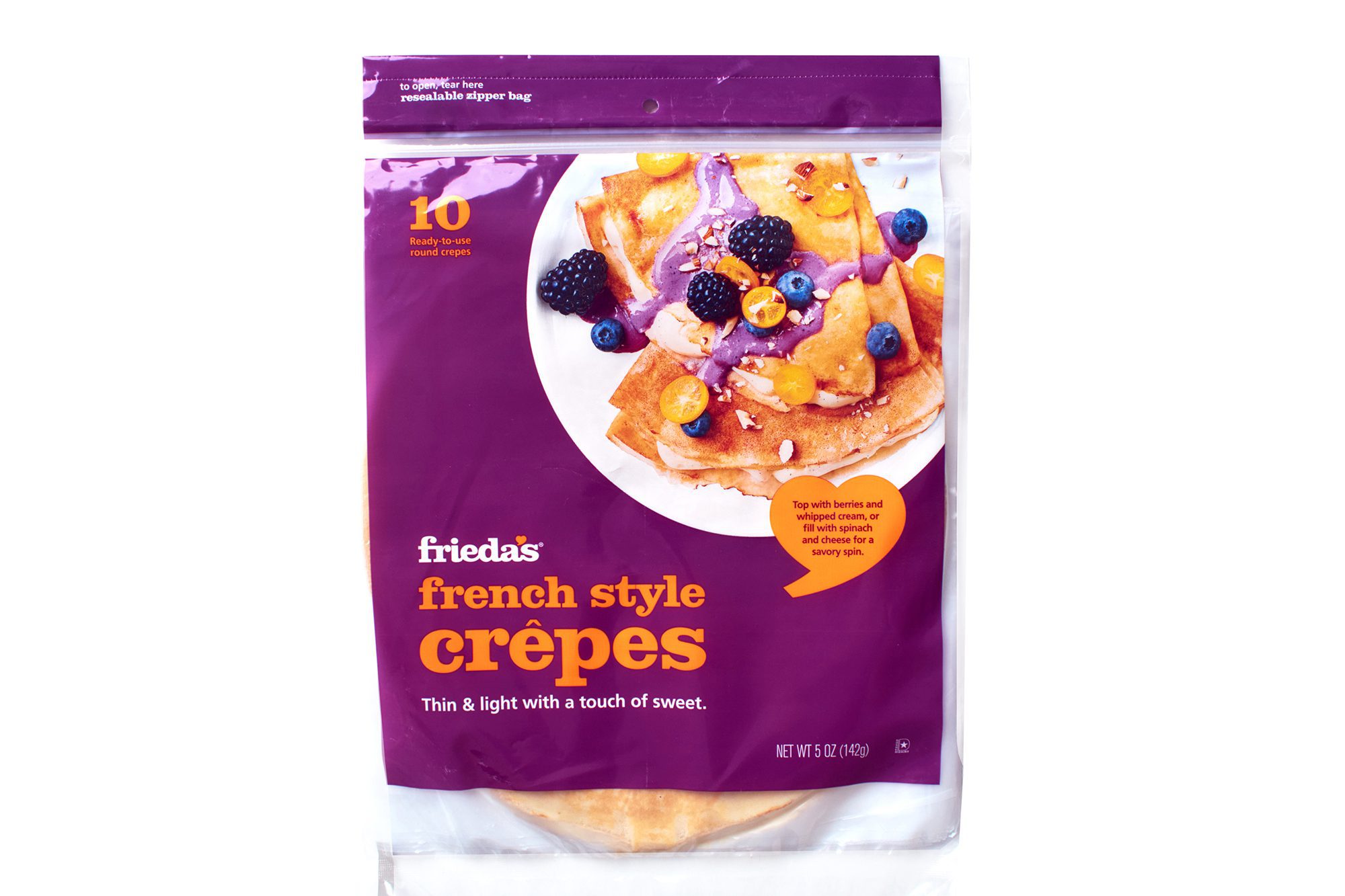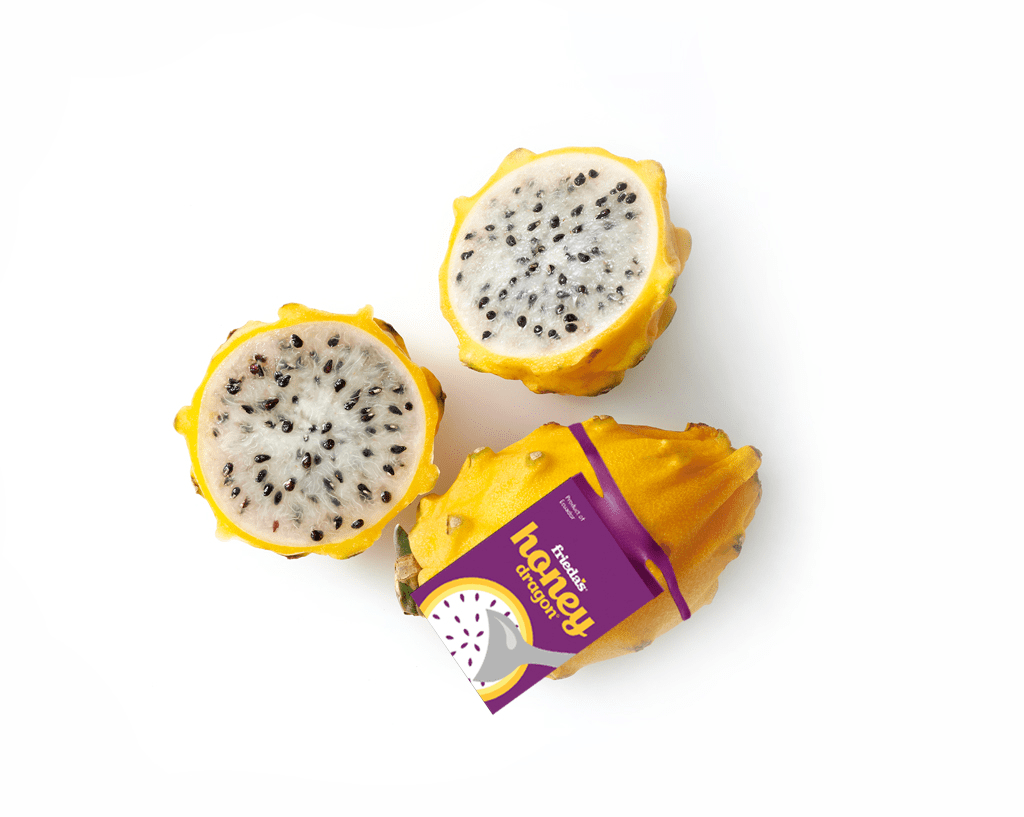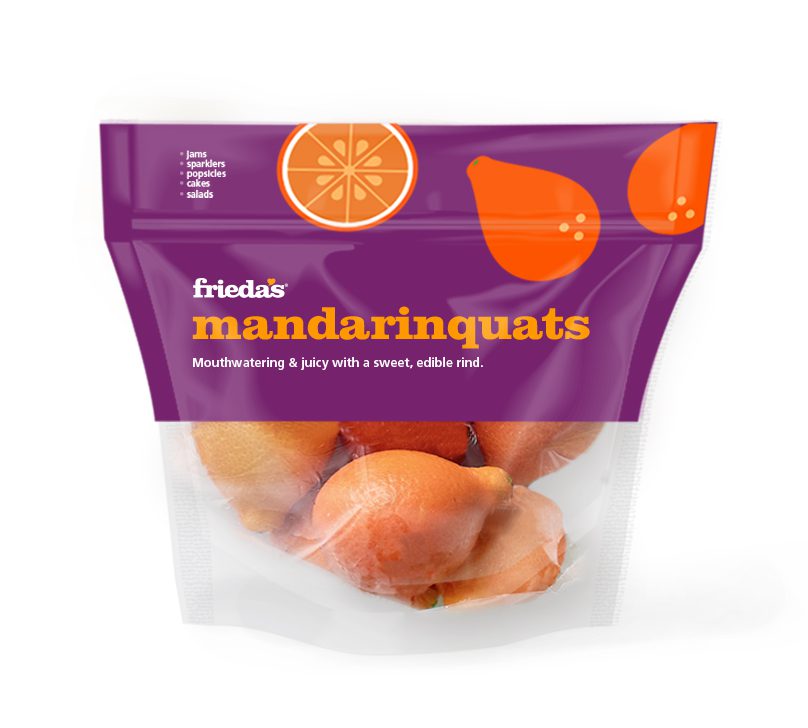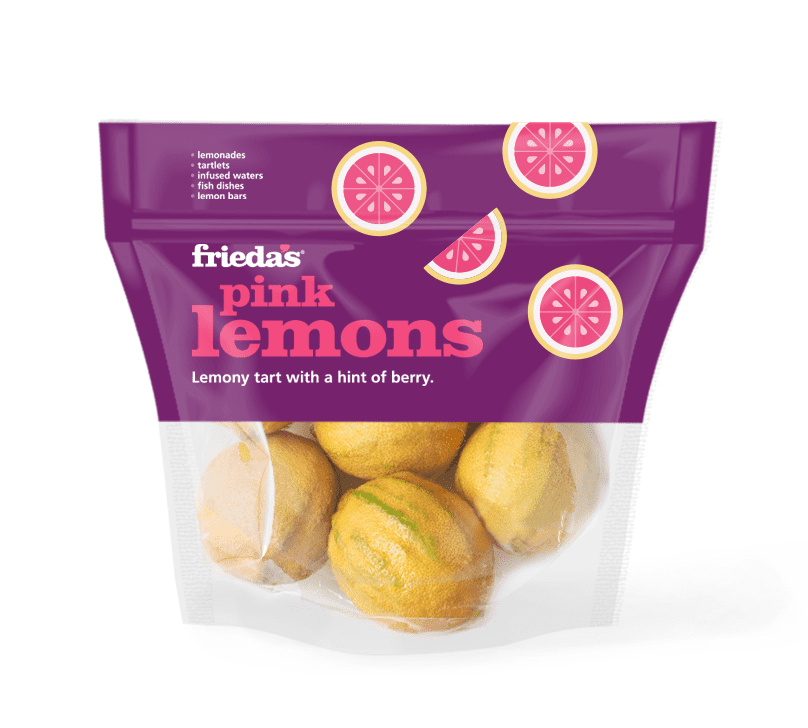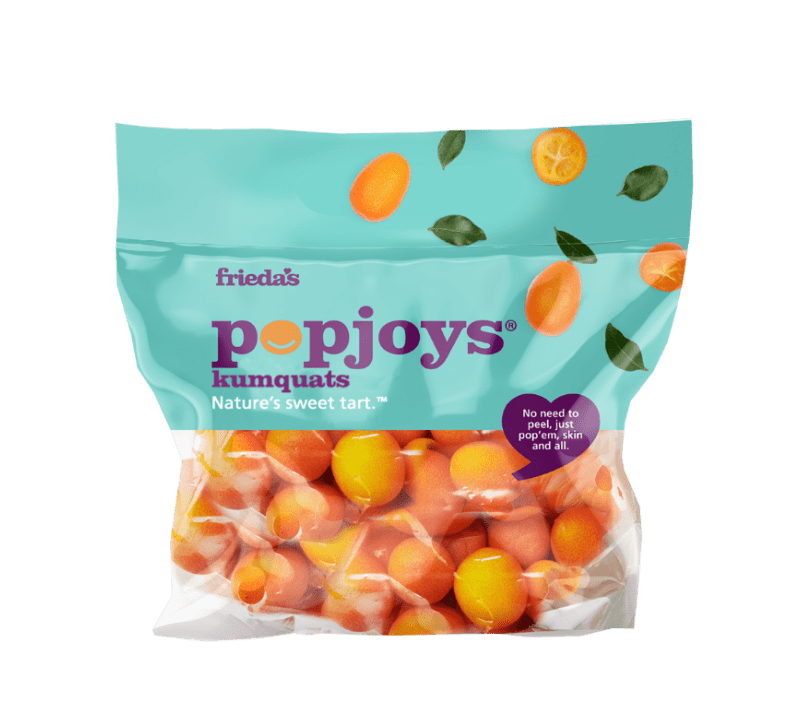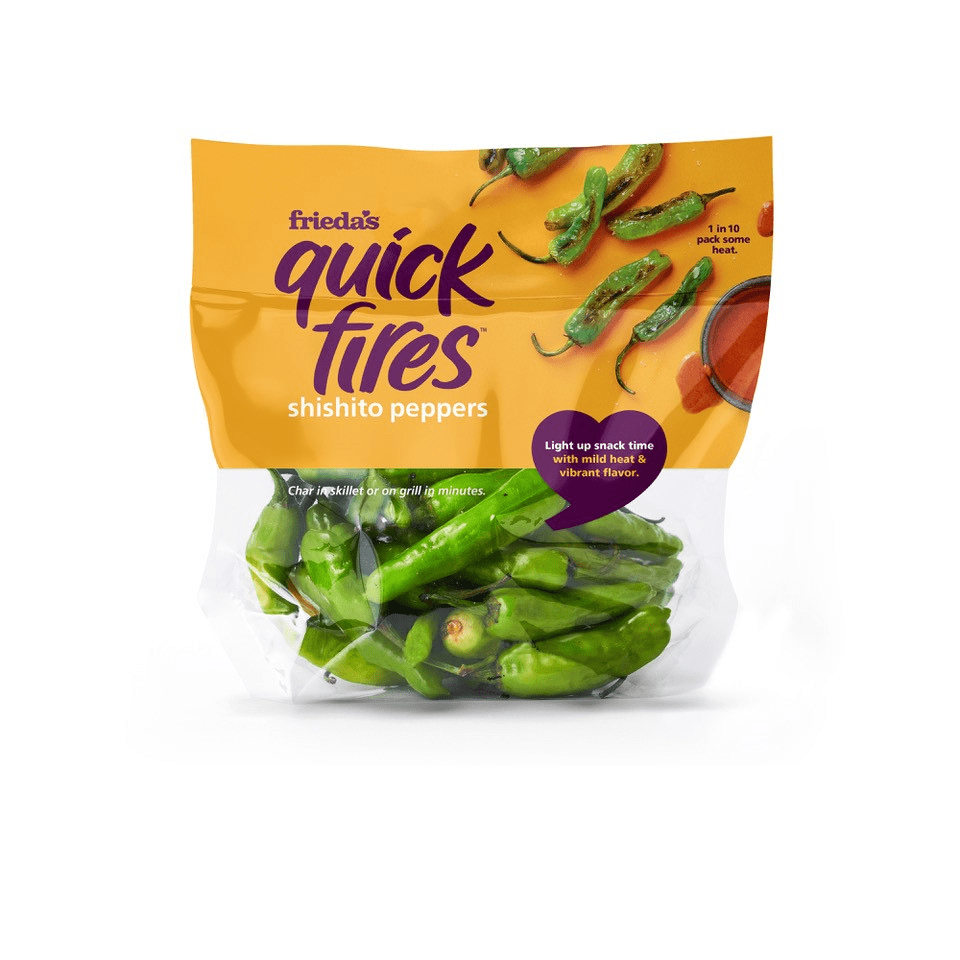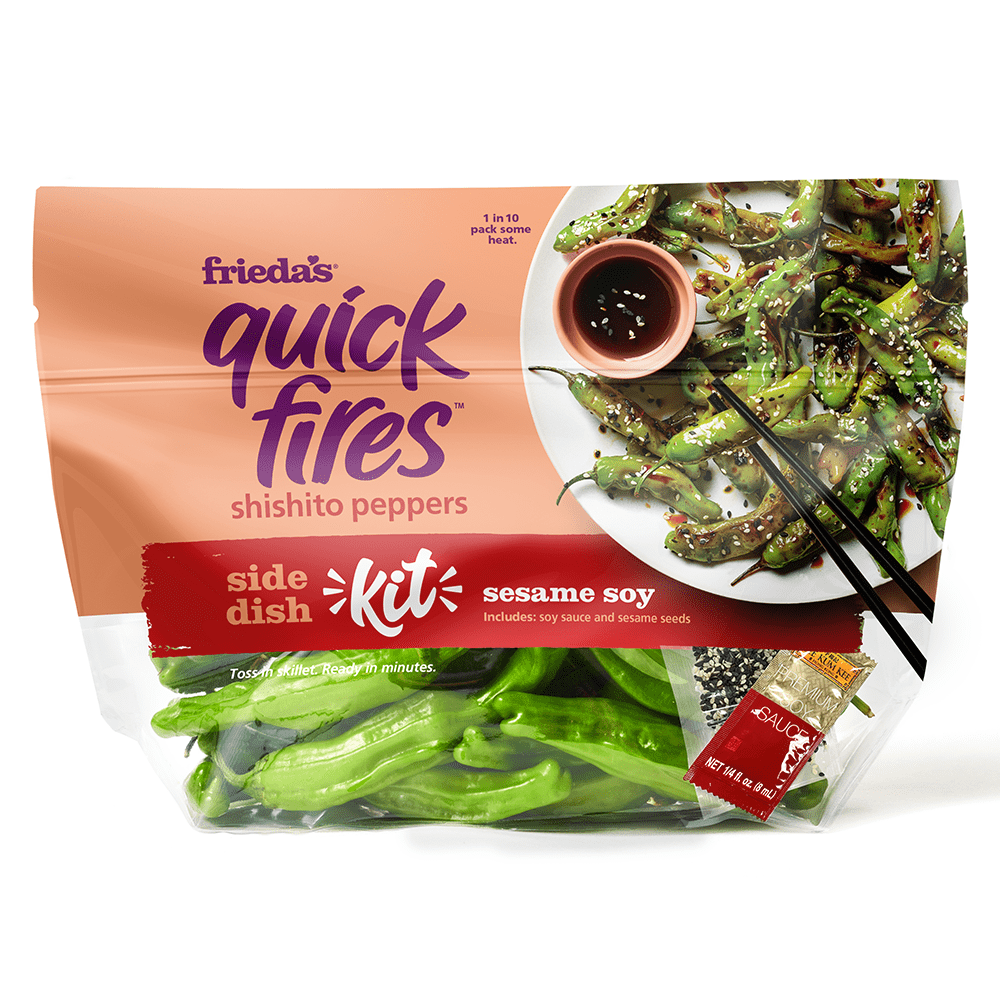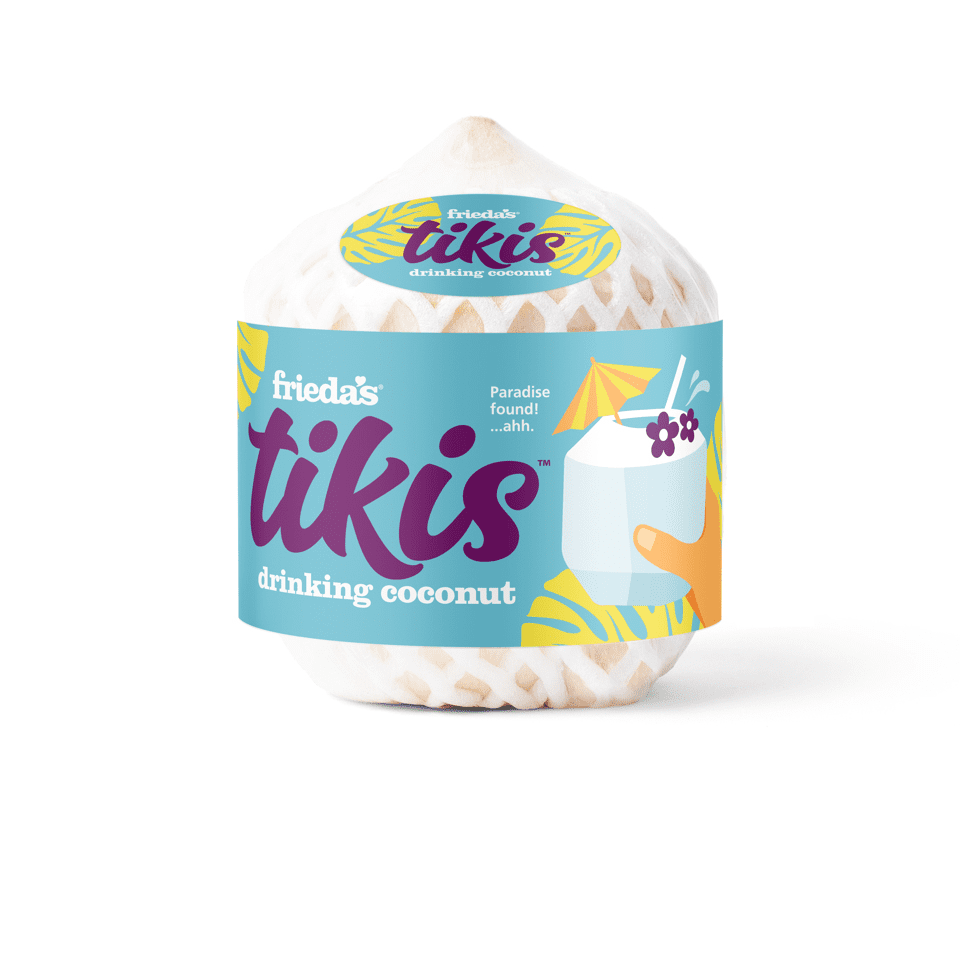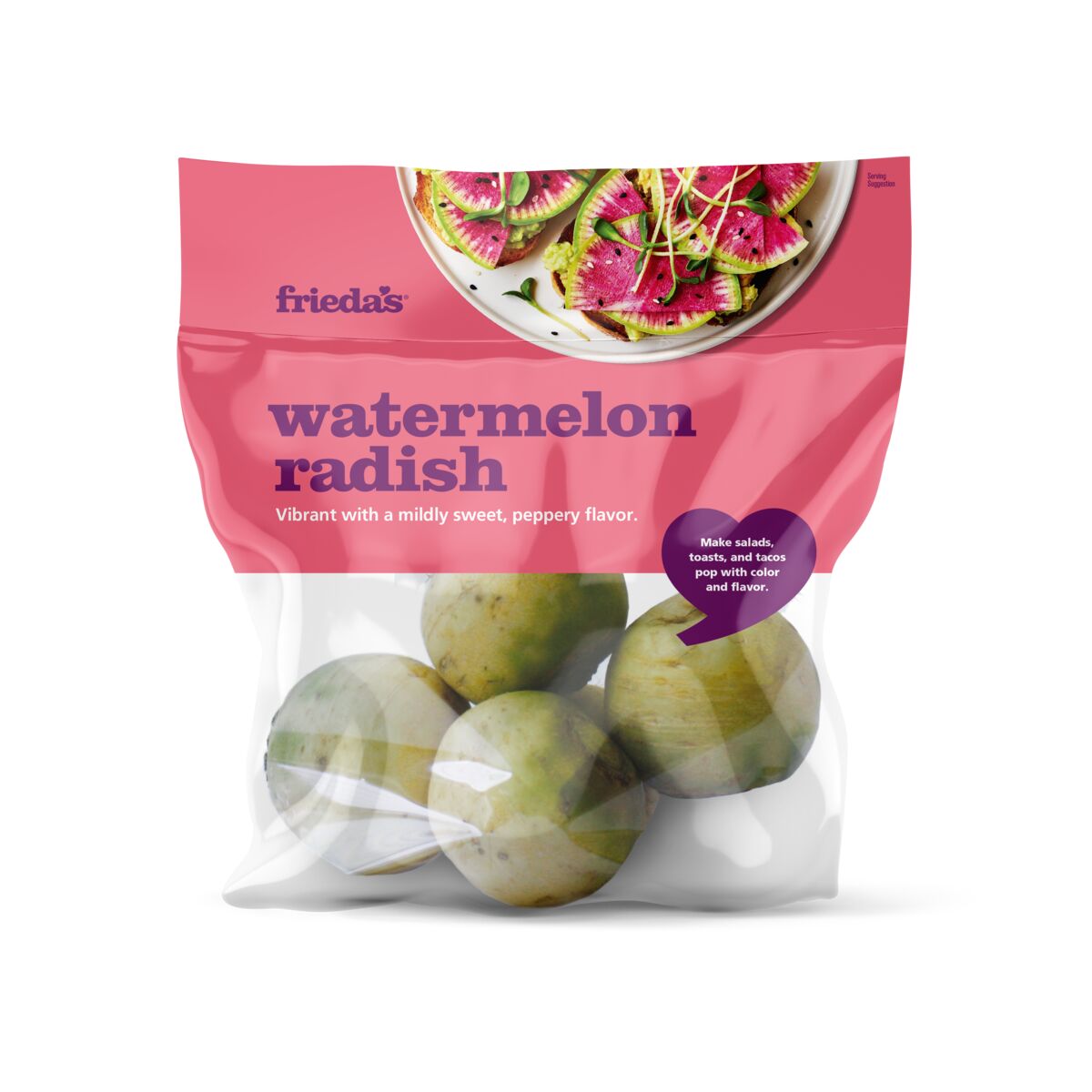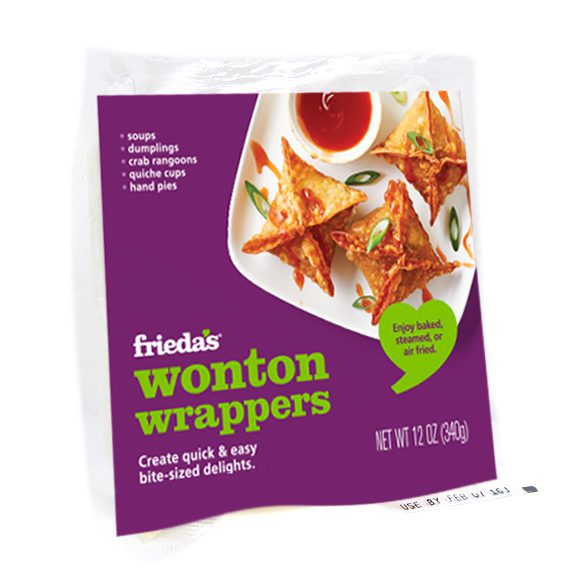Early last month, I reconnected with a high school friend of mine, Mindy. Turns out Mindy lives outside of New York City and is a highly respected Nutritionist and Registered Dietitian and does a lot of consulting in the food business (www.mindyhermann.com).
So, when we had breakfast together last month — both of us ordered oatmeal and fresh fruit, of course — the first thing I asked her was, “So what do you think of Mayor Bloomberg’s plan to reduce the allowed size of sugary drinks in the city?”
Being a business owner, I am generally not in favor of the government being overly involved in my business, so I imagine the big beverage companies like Coke, Pepsi and retailers like 7-11 are not thrilled.
However, in this instance, Mindy and I discussed Bloomberg’s plan as it relates to obesity.
It is no secret that our nation has a serious obesity epidemic. People are fat. Kids are fat. And they are getting fatter.
So what causes that? To some degree, I think marketing. You know what I mean: Food marketers have made sugary drinks appealing. They come in fun colors, dazzling flavors, and they are often decorated with images of cartoon characters or athletes to appeal to kids.
And, they are cheap to purchase.
Sugar is also addictive, as I recently discovered during my Vegan Journey. Even if you don’t know that you are eating something with added sugar, like salt and pepper pistachios, for instance, you find yourself wanting more, sometimes uncontrollably. I call that an addiction. Mindy also told me that your brain does not register the calories consumed in a drink like it does when you eat whole food, like fresh fruit.
So, when Mindy forwarded me an article from The New York Times, authored by well-respected science and nutrition authority, Jane Brody, her analogy to another “addictive substance” really struck home.
You can read the entire article here, but here are the paragraphs that got my attention:
“Cigarette smoking is a classic example. Myriad well-publicized reports documenting its hazards — even warnings on cigarette packs — did relatively little to get people to quit smoking and keep others from taking it up. It was not until smoking was banned in workplaces, restaurants, public buildings and transportation that smokers became social pariahs and millions gave it up. Today only about one American man in five smokes, down from nearly one in two 40 years ago.
Just as the tobacco industry disputed the link between smoking and lung cancer for many years, claiming the evidence was circumstantial and did not prove cause and effect, the American Beverage Association says that there is no proof that sugary beverages are major players in obesity and diabetes.
But why wait decades for conclusive evidence, by which time millions will have been sickened or died from obesity? If there were an environmental threat with even a fraction of the health risk posed by sugary drinks, there would surely be a large public protest.”
So, even though I do not like government creating regulations that so closely affect business commerce, I have to support Mayor Bloomberg’s objective here. Because sugar is a naturally addictive product, and because simply educating consumers that sugary drinks should not be a regular part of any persons’ diet is not working, then something must be done.
And for all of us tax paying consumers who are concerned about the rising cost of health care insurance — just imagine how much our insurance costs would go down, if obesity and its related diseases (diabetes, heart disease, and stroke) were not such an epidemic in America.
Mindy and I talked about the challenges and giving consumers alternative beverages. We both agree that drinking water is the perfect beverage. It is better for your body, for your health and it tastes great!
Try it!
Karen



